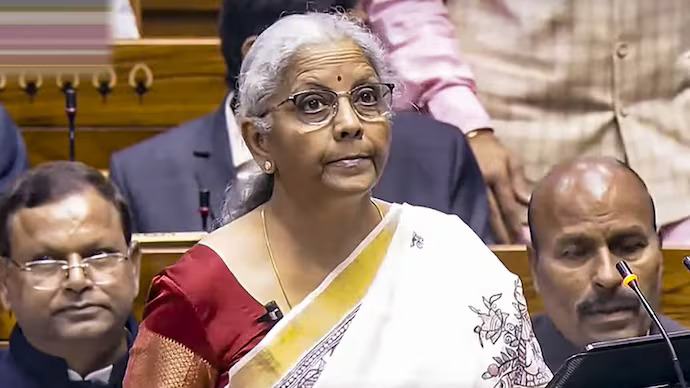In a historic move to boost India’s manufacturing industry, the government has removed import taxes on key components used in electric vehicles (EVs). Finance Minister Nirmala Sitharaman made this announcement on March 25, a day prior to the passage of the Finance Bill 2025 in parliament, and the decision should go a long way in curbing costs of production, inducing investments, and establishing India as a manufacturing hub of the globe.
The relief is in line with the government’s larger ‘Make in India’ policy to minimize dependence on costly imports and increase domestic manufacturing capability.
Finance Minister Nirmala Sitharaman said, “This policy change will make India’s manufacturing ecosystem competitive, reduce industry costs, and spur innovation in the EV and smartphone sectors.”
Import tariff reduction is for 35 priority EV battery and 28 priority mobile phone items. Priority items exempted from tariff presently are:
EV Sector:
- Lithium-ion battery cells
- Electrolytes and separators
- Battery management systems
- Cathode and anode material
- Thermal insulation material
With batteries accounting for nearly 40% of the cost of an EV, this transition is sure to drive the affordability, which will further boost electric mobility in India. Stocks of leading battery makers such as Exide Industries and Amara Raja Energy & Mobility rose as much as 5.1% on the Bombay Stock Exchange (BSE) on March 26 following the development.
Economic Implications and Global Trade Strategy
The timing is significant as the relocation is taking place at the same time India is engaged in continuous trade negotiations with the US. As the government of President Donald Trump is proceeding with fresh tariffs on April 2, India wants to shield its industry from economic shock. India is cutting tariffs on over half of US imports worth $23 billion during bilateral trade negotiations, according to reports.
Industry operators see a number of benefits from the scheme, which includes:
- Reduced production costs to manufacturers
- Enhanced affordability for consumers of smartphones and EVs
- Increased investment in local manufacturing
- Increased export demand
Better employment opportunities for industrial segments
A parliamentary committee has also recommended reducing raw material input tariffs to encourage local production and the government move in support of the argument. India is giving the pursuit of self-reliance more push by reducing import duty and increasing high-technology manufacturing capability.
India’s Roadmap for a High-Tech Manufacturing Future
As global supply chains keep changing, India is consciously working to be a high-technology manufacturing centre. The change in policy initiated by the government will drive long-term economic growth, spur investments in technology, and drive India towards electric propulsion and advanced mobile technology.
By creating a sound business framework, India is not only consolidating its internal market, but also becoming a formidable player in the global technology and clean energy market.
Read Also: Delhi EV Policy 2.0 Targets 95% Electric Vehicles by 2027

